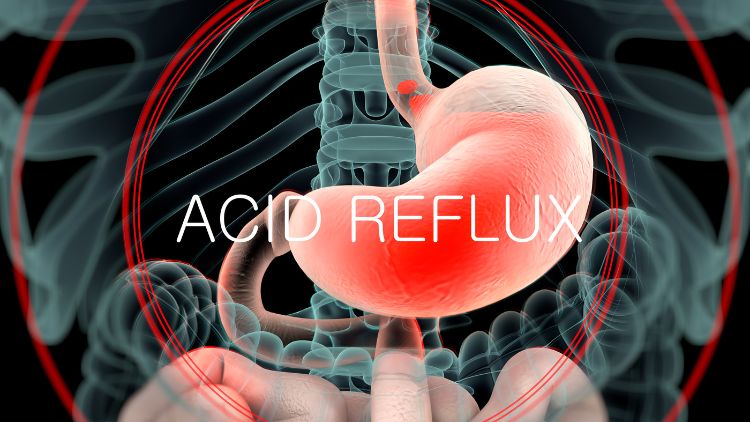
Acid reflux has an impact on oral health. It is a common health issue that affects millions of people worldwide. People are mostly aware of the impact of acid reflux on the digestive system. Did you know that it is less well-known that it can also have a significant impact on oral health? Let’s explore the link between acid reflux and oral health. We’ll also provide tips on managing acid reflux to prevent oral health problems.
What Is Acid Reflux?
Acid reflux is also knows as gastroesophageal reflux disease (GERD). It occurs when stomach acid flows back up into the esophagus. As a result, discomfort happens like heartburn, difficulty swallowing, and more. Acid reflux occurs when a ring of muscle at the bottom of the esophagus does not close right.
Acid Reflux Impacts Oral Health
The impact of acid reflux on oral health can be significant. For example, the acid from the stomach can erode tooth enamel. In addition, this can lead to tooth sensitivity and decay. Also, acid reflux can cause bad breath, dry mouth, and mouth sores. It can even cause gum disease. If left untreated, acid reflux can cause permanent damage to the teeth and gums.
How to Manage Acid Reflux to Protect Your Oral Health
There are options available for managing acid reflux while preventing dental problems. Medical treatment options can include antacids, proton pump inhibitors, and H2 blockers. Additionally, lifestyle changes like losing weight, quitting smoking, and avoiding trigger foods help. Dietary changes can make a big difference as well. For example, avoid acidic and spicy foods. As a result, the amount of acid that flows back up into the esophagus is reduced. To protect your teeth from acid reflux damage, it’s important to wait at least 30 minutes after eating before brushing your teeth.
Factors That Hurt Saliva Quality/Production
Several factors can affect saliva production and quality negatively, including:
- Medications that decrease saliva production
- Aging and reduced saliva production
- Smoking
- Alcohol consumption
- Not drinking enough water
- Medical conditions that affect saliva production, such as Sjogren’s syndrome or radiation therapy
Maintaining Healthy Saliva
Maintain healthy saliva production by following some great tips. Drinking plenty of water throughout the day is one of the best ways to keep saliva flowing. Additionally, chewing sugar-free gum or sucking on sugar-free mints can help to stimulate saliva production. Remember, make sure they are sugar free. Also, it’s important to avoid alcohol and tobacco. These can decrease saliva production and quality. Finally, you should eat foods that stimulate saliva production. For example, crunchy fruits and vegetables can be beneficial.
Conclusion
Acid reflux can have a significant impact on oral health. It’s important to manage acid reflux to prevent dental problems such as erosion of tooth enamel, tooth sensitivity and decay, bad breath, and more. Medical treatment options, lifestyle changes, and dietary changes can all help reduce acid reflux symptoms. Regular dental check-ups are also important for identifying and treating any dental problems caused by acid reflux. Managing acid reflux can help protect your overall health and well-being. We are located in Monroe, Michigan. Regain confidence in your smile and contact us today to schedule an appointment.

 Request an Appointment
Request an Appointment